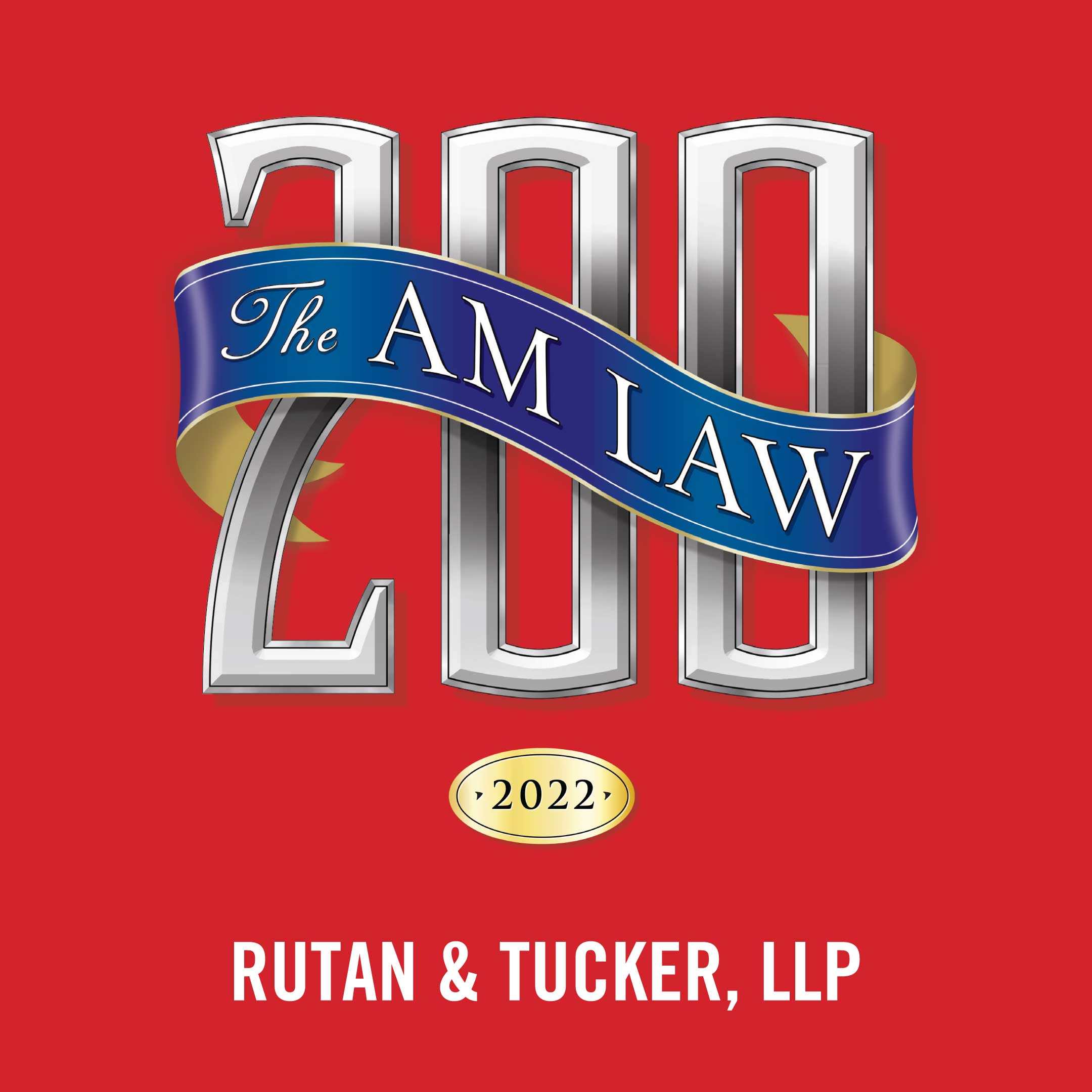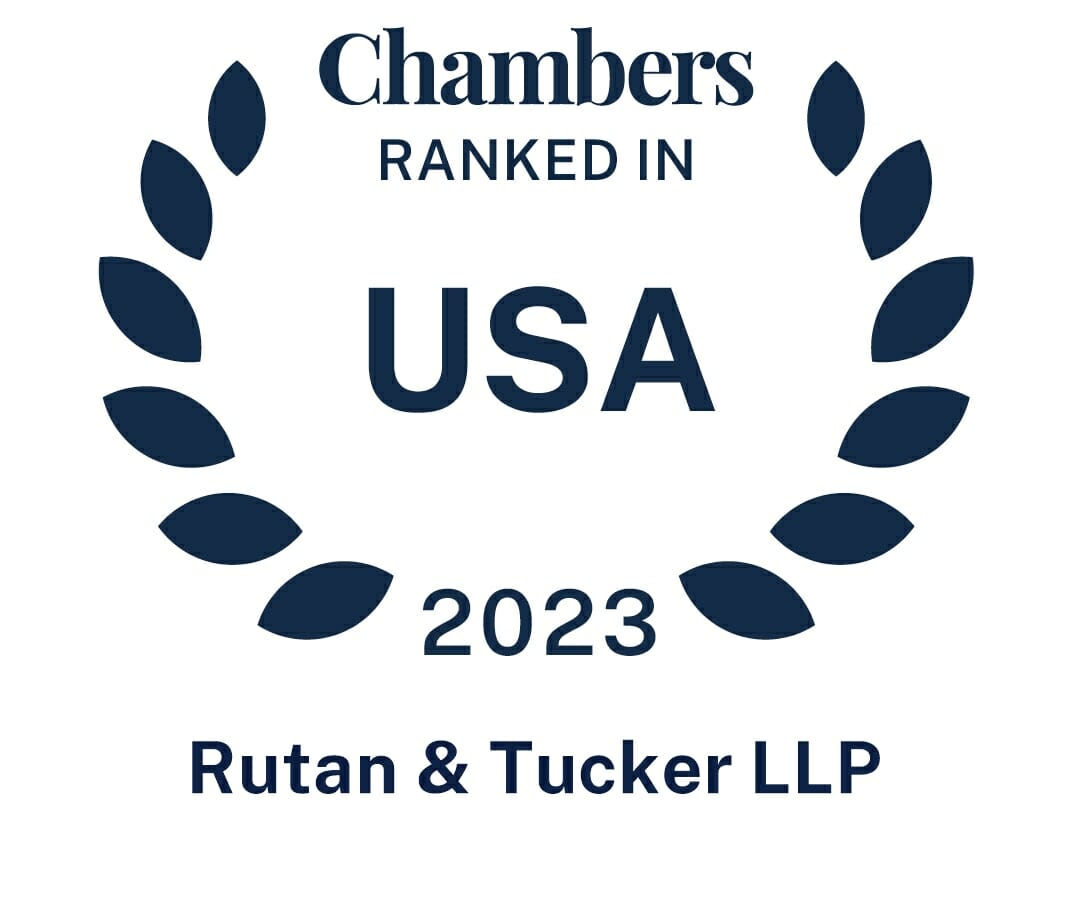Orange County Business Journal
One of the first steps in merger and acquisition (“M&A”) transactions is the exchange of information between the parties. It is common for a potential buyer to request financial statements and other sensitive business information from the target before moving forward with negotiations. Parties typically enter into a confidentiality agreement (or non-disclosure agreement) to ensure the protection of disclosed information.
Confidentiality agreements serve two essential purposes. First, they protect the disclosed information by restricting the recipient from divulging confidential information (including the terms of the confidentiality agreement and the fact that negotiations are taking place) to third parties without the disclosing party’s consent. Second, confidentiality agreements restrict the recipient from using the confidential information for any purpose other than the purpose agreed to by the parties, namely the evaluation and negotiation of the potential transaction.
Confidentiality agreements in M&A transactions are typically structured as unilateral agreements, which contemplate that only one party will disclose its confidential information to the other party. In some transactions, the parties will both share confidential information, in which case a mutual confidentiality agreement is appropriate.
This article summarizes certain key terms and issues that arise in confidentiality agreements entered into in connection with M&A transactions.
Damages Waivers
Although damages waivers (provisions that disclaim certain types of damages, such as consequential damages, including lost profits and loss of goodwill) are common in operational contracts, they are generally not appropriate in a confidentiality agreement, because these types of damages are the type that are most likely to arise as a result of a breach of confidentiality. For the same reason, when damages waivers are included in operational contracts, the waiver typically will not apply in connection with breaches of confidentiality provisions. Disclosing parties should be wary of recipients seeking to unreasonably narrow the scope of available damages resulting from a breach of confidentiality agreements.
Non-Solicitation Provisions
Confidentiality agreements in the M&A context often contain non-solicitation language, providing that the recipient will not solicit the disclosing party’s employees. This protection is important for the disclosing party, which is sharing information about its business, including its operations, structure, and personnel. Non-solicitation provisions commonly remain in effect for one to two years. A potential buyer will typically push to limit the non-solicitation restrictions to cover only those individuals the potential buyer became aware of or came into contact with as part of the M&A negotiations, or a smaller group that includes only officers, executives, or management. It is important for the parties to balance the disclosing party’s need to protect its employees with the recipient’s preference not to overly restrict its operations and hiring practices. Disclosing parties may also seek to prevent solicitation of customers; however, customer non-solicitation provisions are more heavily negotiated when the disclosing party is entering into negotiations with a competitor or other party in its industry.
Term of the Agreement (and Trade Secrets)
The standard term for a confidentiality agreement in the M&A context is typically between twelve and twenty-four months. Indefinite terms are common in confidentiality agreements outside of the M&A context; however, most buyers, especially private equity buyers, will not agree to an indefinite term. It is common for confidentiality agreements to provide that, with respect to confidential information that constitutes a trade secret, the confidentiality and non-use
obligations of the agreement will survive until such information loses its trade secret protections. Again, many potential buyers would prefer not to receive trade secret information at the preliminary stage of discussions due to the concern that possession of such information could limit the conduct of their business and frequently push to exclude additional trade secret protections. Disclosing parties need to balance the need to protect trade secret information with the desire to bring potential buyers to the negotiating table.
Residual Clauses
At times, when the potential buyer in a transaction is a private equity company, the potential buyer will add language to the confidentiality agreement providing that its review of the disclosing party’s information will inevitably enhance its knowledge and understanding of the business and industry of the disclosing party, and that use of this enhanced knowledge and understanding will not violate the confidentiality agreement. This language is unfavorable to the disclosing party, as it essentially provides a way to use confidential information of the disclosing party without breaching the agreement. To the extent a potential buyer insists on including residual knowledge language, the disclosing party should limit “residual knowledge” to include only those concepts or ideas that are retained in the unaided memories (i.e., without conscious or attempted memorization or subsequent reference to any material) of those who have had access to confidential information.
Waiver to Prove Damages or Post a Bond
It is standard for confidentiality agreements to provide that, in the event of a breach of the agreement, the disclosing party will be entitled to seek equitable remedies, such as an injunction. Disclosing parties should ensure that the remedies provision also allows it to seek injunctive or other equitable relief without the requirement of proving actual monetary damages or posting or securing a bond. Without those protections, a recipient may be able to unreasonably delay
an injunction or other equitable remedy aimed at preventing further unauthorized disclosure.
Conclusion
While confidentiality agreements are common, it is important for businesses to ensure that these agreements provide adequate protection, and do not contain unusual or off-market provisions. Unfortunately, companies frequently enter into confidentiality agreements without counsel, believing that all confidentiality agreements are boilerplate documents, only to discover that the agreement includes unfavorable terms that do not adequately protect the company’s most critical information.
Businesses should carefully consider the terms of the agreements they sign and consult with their legal counsel to ensure the agreements adequately protect their interests and their confidential information.
Download PDF HERE.
- Sayuri Espinosa
- Morgan McCombe





